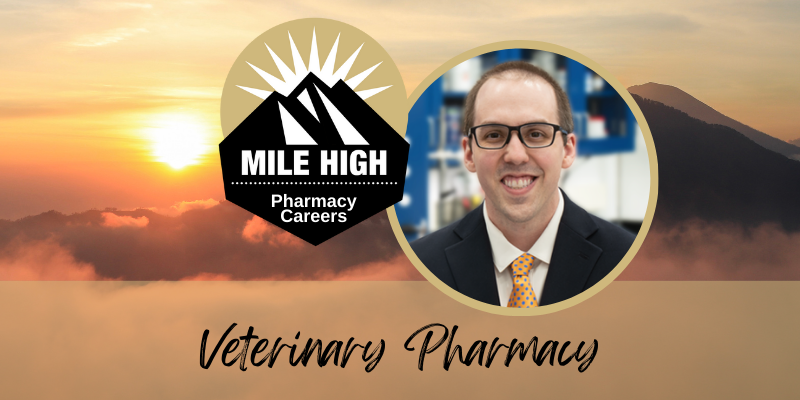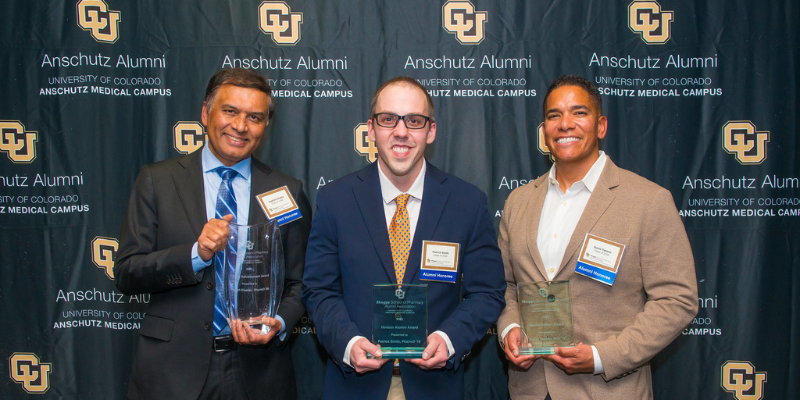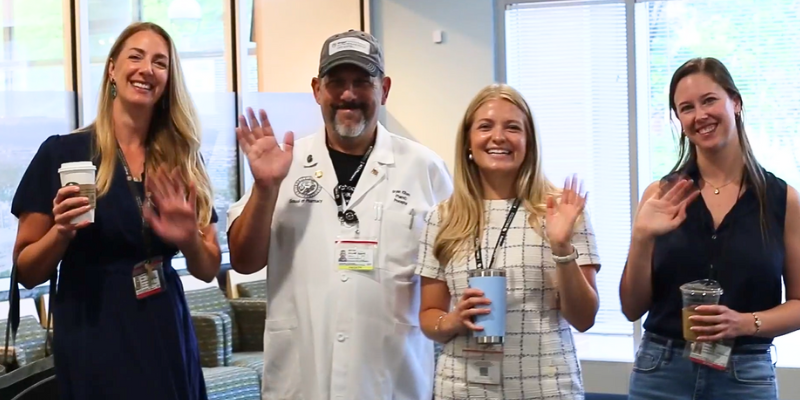Adam Oderberg, PharmD, Class of 2007
Think of the last time you indulged in a refreshing glass of water. Any idea how much Cipro was in it?
Even if the concentration was a mere few parts per trillion, this represents an issue that could have long-term consequences. Pharmaceuticals in the environment was a topic of discussion during a recent workshop, hosted by the Skaggs School of Pharmacy, that I attended at the Anschutz Medical Campus. Prior to the conference, I rarely thought of this topic. Probably like many of you, I had no idea of how our profession impacts the environment and how we can help improve the situation. After the conference I had a clearer understanding of the issue and what we, as pharmacists, can do about it.
What I learned that I didn’t know:
It's easy to forget that pharmaceuticals ultimately reach the environment and have physiological effects --regardless of whether or not they reach a patient. Even when they have been ingested, metabolized, and excreted, pharmaceuticals still may be biologically active. When they enter the water cycle, they quite literally have effects downstream. Metabolites of hormones, antibiotics, and antidepressants are among those showing up in wastewater effluent, affecting aquatic ecosystems. Fish sterilization and alterations in predator/prey relationships are among the observed consequences.
But water treatment plants take care of it, right?
Wrong. Water treatment facilities treat and clean water supplies and remove contaminants making the water safe to go back into the environment and safe for public consumption. But safe does not mean that contaminants have been removed entirely. Substances that are removed during the process of treatment for drinking water include suspended solids, bacteria, algae, viruses, fungi, minerals such as iron, manganese and sulfur, and other chemical pollutants such as fertilizers. But the majority of water treatment facilities were never built to remove pharmaceuticals. And until now, it wasn’t thought to be an issue.
As pharmacists should we be concerned?
As pharmacists we provide a service and a commodity to the general public – one that enhances the lives of the people we serve. However, there is a downside that we rarely think about… the impact of what we do on the environment. Recent studies show that small amounts of antidepressants are making their way into our streams -- impacting fish and making them more docile, less fearful and more prone to prey.
What can we do?
Fortunately, environmentalists, pharmacists, and government entities are working on this issue. The Drug Enforcement Administration (as well as the Skaggs School of Pharmacy) has hosted and continues to host drug take back events annually to help consumers dispose of medications properly rather than flushing down toilets. Last April's initiative collected approximately 390 tons of pharmaceuticals nationwide. Some pharmacies and community sites have permanent drop boxes for medications – one exists on the Anschutz Medical Campus in Aurora at the Campus Police building (#407). In addition, public health departments and pharmaceutical companies are lobbying Congress to revise current laws to enable customers to mail back unused medications.
Become active
As pharmacists we are duty-bound to come up with innovative ways of promoting the proper disposal or recycling of pharmaceuticals so the effects on the environment can be minimized. We need to educate the public about where and how to properly dispose of unused or expired medications. To that end, the permanent drop boxes and the community take-back days can be actively promoted by community pharmacists.
Want to help get the word out on proper med disposal? Check out these sites:
Examples of pharmacy-based take-back programs:
www.colorado.gov/cs/Satellite/CDPHE-DEHS/CBON/1251587109913
AND



